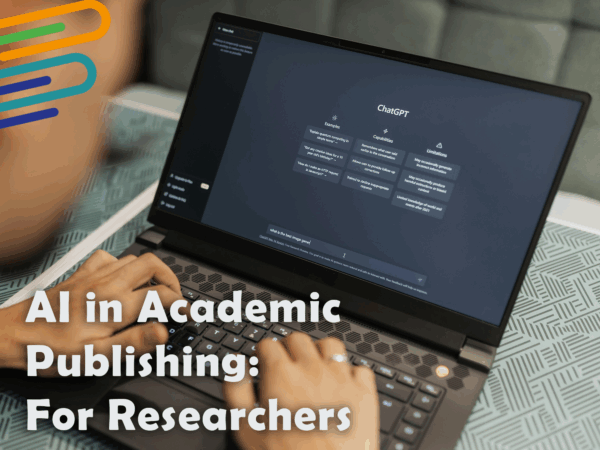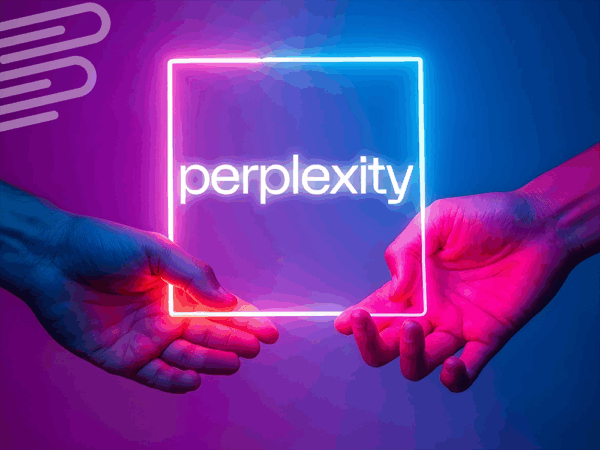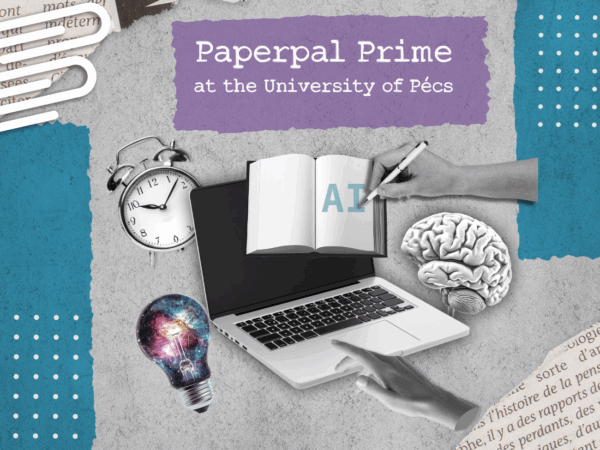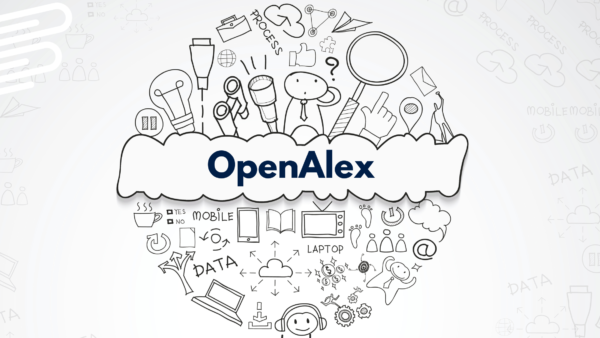Olvasási idő: 7 percUtoljára frissítve: 2025. 03. 07.
There is no doubt that academic research is an exceptionally resource-intensive endeavor. Researchers face a long and demanding process: selecting a topic, formulating a research problem, choosing the appropriate methodology, searching for and processing the literature, collecting and analyzing data, publishing results, and managing the administrative burdens associated with research — all of which require meticulous planning and countless hours of work.
At the same time, researchers must adhere to professional and ethical standards, meet the expectations of funding agencies, and navigate the current trends in science communication — not to mention the constant pressure to maximize visibility and impact.
It is clear, therefore, that there is an urgent need for tools and infrastructure that can help mitigate this “tsunami of expectations” weighing on researchers.
Continue reading “The Open Doors of Open Science: Discover OpenAlex” →





